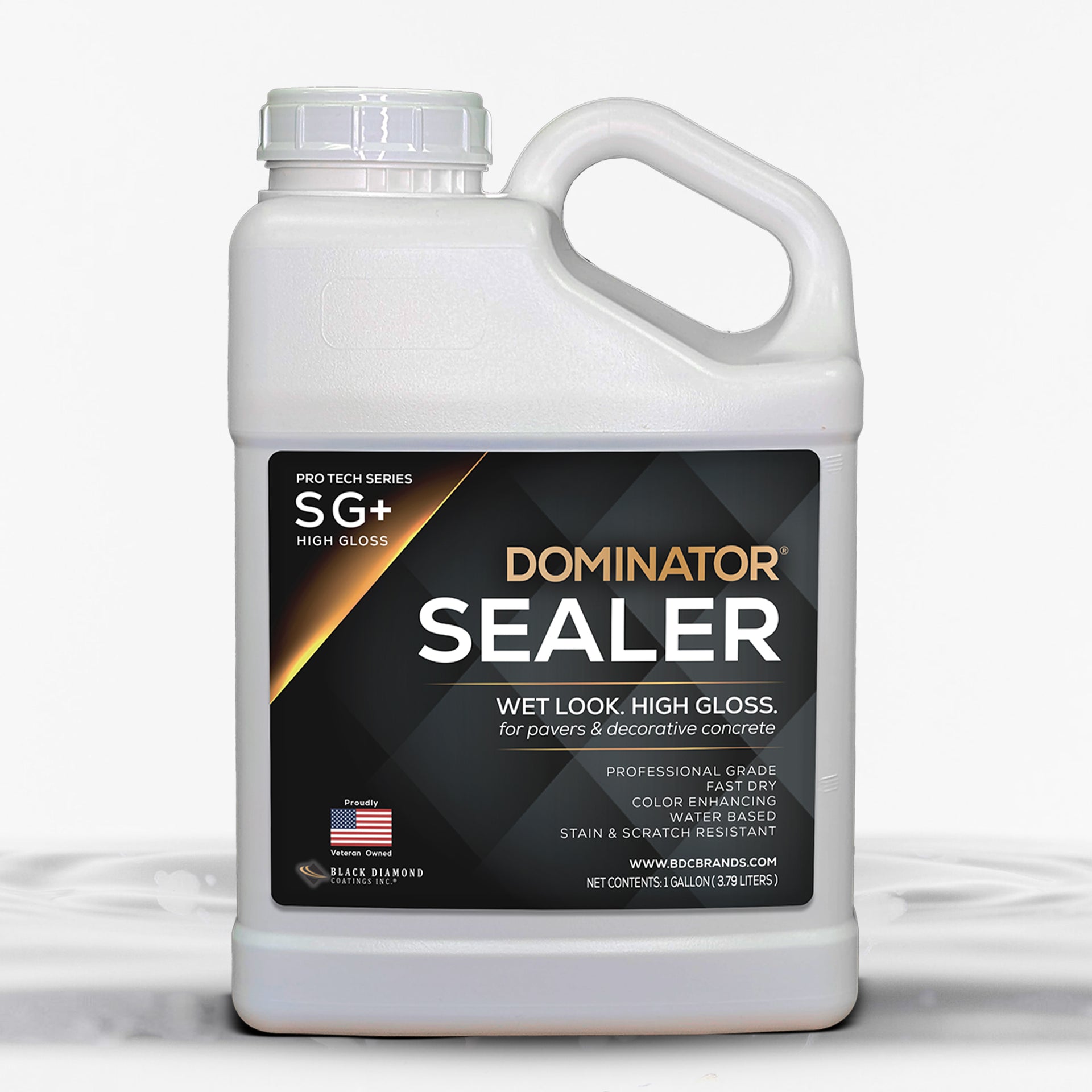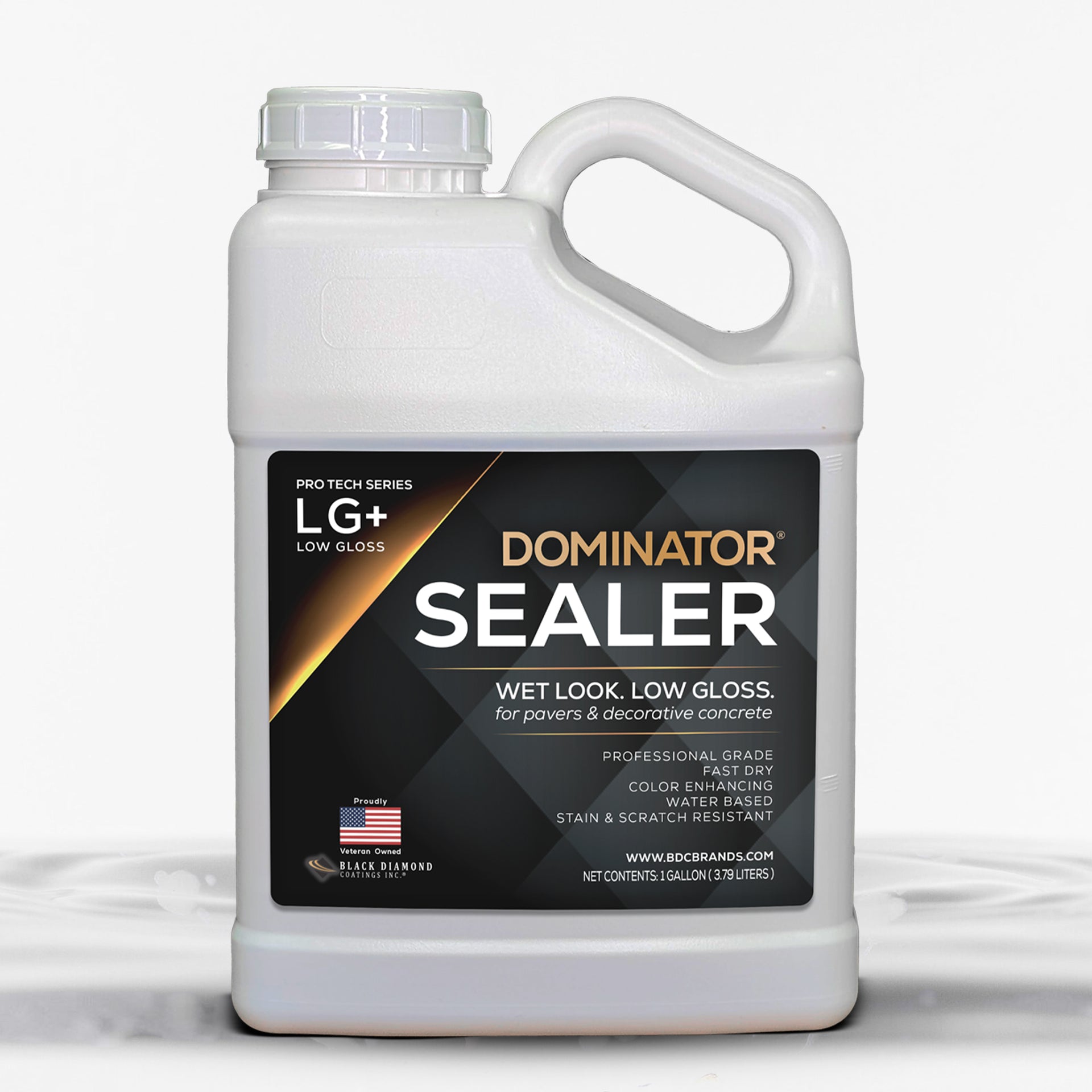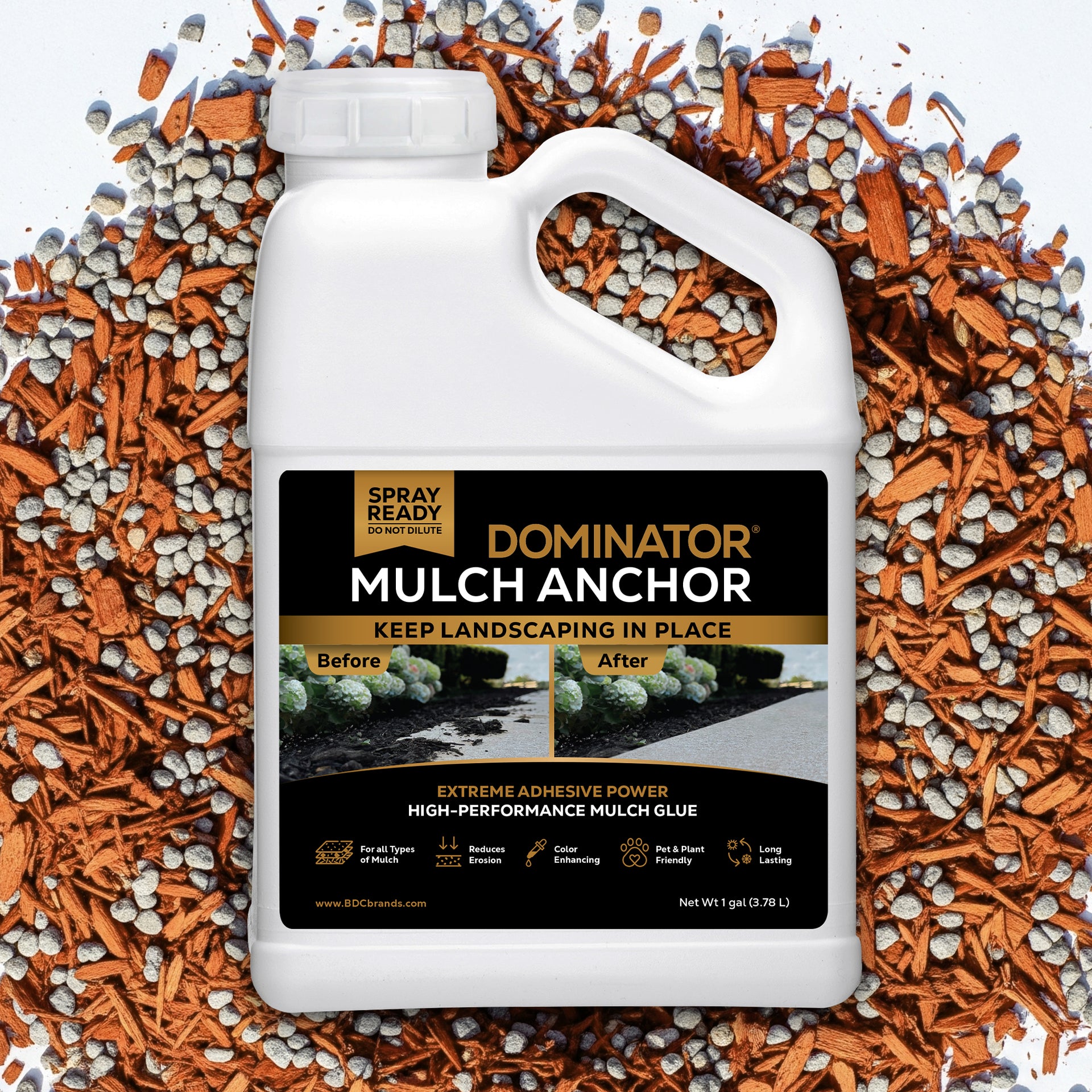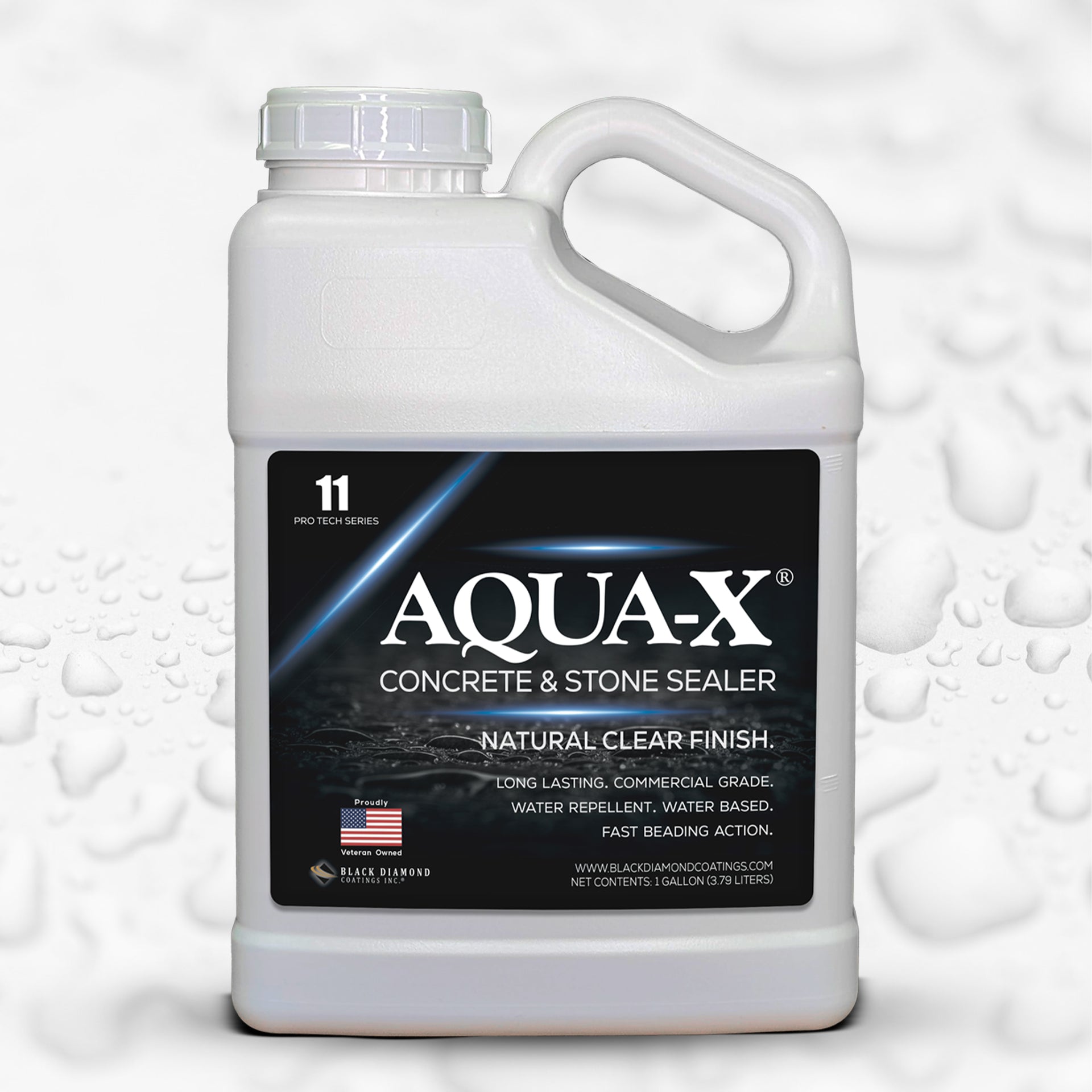Most sealer contractors have experienced the adverse effects of surface temperatures at some point. When the dog days of summer are upon us, you probably have experienced “flash drying.”
Flash drying is a term used to describe the rapid drying of sealer as it is applied to the surface. This premature drying is caused by a surface temperature which causes the base of the sealer (solvent or water-based) to evaporate at an accelerated rate. This tends to cause “streaking,” and makes applying the sealer at an even rate very difficult.
Conversely, when the surface temperature is too low, the drying times are often slowed to an undesirable rate. The corresponding cool air temperature will also affect the viscosity of the sealer sometimes making it difficult to spray through most sprayers.
Adherence issues may also occur when sealer is applied to surfaces where temperatures are either too high or too low. Most sealer manufacturers provide information on the upper and lower temperature limits for the application of their products.
Out of curiosity, we did some surface temperature testing with a laser surface thermometer and the results were very interesting. Our paver pad outside has a portion of the pavers that receives direct sunlight and the other pavers remain in the shade. Two examples are below for varying air temperatures with the corresponding surface temperatures.

In an effort to constantly improve your level of service as a contractor, property maintenance personnel, or even the DIY’ers who demand excellence, you must acknowledge the importance of surface temperatures prior to paver sealer application and choose your products, tools and timing accordingly.
There are sealer products on the market that allow sealing on a damp surface, so an option is to spray water on the surface to cool it to an appropriate surface temperature. Research your sealer products, as not all products allow damp surfaces.
The difference in surface temperature between those pavers in the direct sunlight versus those that had been in the shade was a difference of 42 degrees in Example 1 and 36 degrees in Example 2.
When the air temperature is high, remember the surface temperatures will be affected accordingly. It’s no revelation that the surface temperatures are higher on those pavers (or any hardscape) exposed to direct sunlight versus those that are in shaded locations. It is, however, interesting that there is such a vast difference between the two temperatures.
The technology is readily available for a laser temperature gun ranging in price anywhere from $15 to $60 depending on features. Given the relatively low cost of these devices, it is a must for any sealing contractor’s toolbox who is committed to excellent results. https://goo.gl/C0x9lI
For any questions or for more information contact us at: 800-270-4050 | info@BlackDiamondCoatings.com




